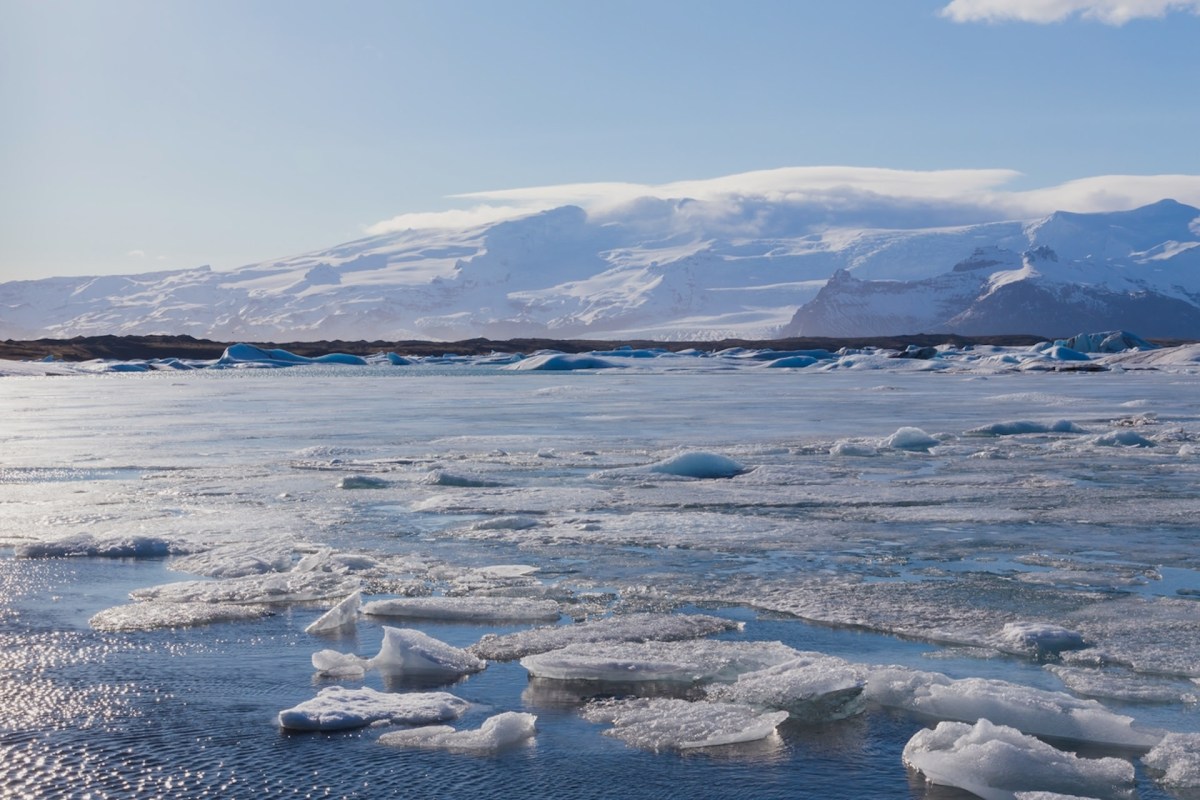Marine heat waves are the new normal in the Arctic Ocean, according to SciTechDaily.
What's happening?
Since 2007, the Arctic has been experiencing more frequent and intense marine heat waves, according to a study published in the journal Nature Communications Earth & Environment.
Marine heat waves — when ocean temperatures rise significantly above normal for days or weeks at a time — are becoming an annual occurrence.
The most extreme heat wave to date happened in 2020, with temperatures soaring 4 degrees Celsius above average for a staggering 103 days straight. Without human-caused rising temperatures, the chances of a heat wave this severe would be less than 1%.
Why are marine heat waves concerning?
"In 2007, a new phase began in the Arctic," said climate statistics expert Armineh Barkhordarian. "There is less and less of the thicker, several-year-old ice, while the percentage of thin, seasonal ice is consistently increasing."
When that thinner sea ice melts earlier and faster in the spring and summer, the dark, open waters absorb more of the sun's energy, causing the ocean to heat up rapidly. That's bad news for the entire Arctic ecosystem.
Marine life in the Arctic has evolved to survive in a world of ice. Warmer waters and dwindling ice cover could cause food chains to collapse, fish populations to crash, and overall biodiversity to plummet. We're talking disruptions to entire communities of species, from the tiniest plankton to the largest whales.
What's being done about marine heat waves?
The root cause of Arctic heat waves is human-caused rising temperatures from dirty pollution like carbon and methane. So, the most impactful solution is to transition rapidly to clean energy sources like solar, wind, and geothermal power.
Every bit of pollution we reduce matters — even small amounts of additional warming can have outsized impacts in the Arctic. Supporting leaders who are serious about cutting pollution and investing in clean energy is crucial.
What can I do to stop marine heat waves?
While large-scale emission cuts require action from governments and corporations, the choices we make every day also add up. Simple swaps like biking or taking public transit instead of driving, eating more plant-based meals, and making your home more energy efficient all reduce your carbon footprint.
You can also use your voice to push for bolder climate action. Write to your elected officials, join local environmental groups, and support sustainable businesses.
The Arctic may seem remote, but what happens there affects us all. With awareness and action, we can prevent these extreme ocean heat waves from becoming the new normal at the top of the world.
Join our free newsletter for cool news and cool tips that make it easy to help yourself while helping the planet.









